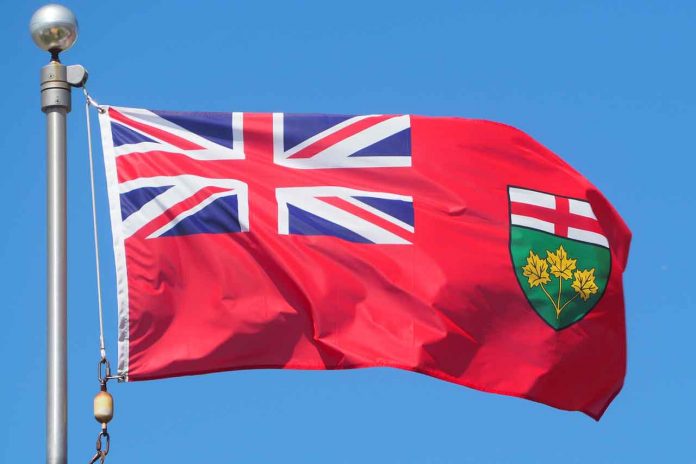Thunder Bay – The Ontario government is taking additional steps to help provide vulnerable children and youth with stable, nurturing homes by investing more than $2.95 million to help support kinship service and customary caregivers, adoptive parents and legal custody guardians. These new funds will assist in better preparing caregivers to welcome children and youth in their homes and provide ongoing help with expenses like clothing, beds, school supplies and medical services.
“Every child deserves a safe, loving and stable home,” said Jane McKenna, Associate Minister of Children and Women’s Issues. “Strengthening financial supports for kinship service and customary care placements ensures children and youth continue to be cared for by their own families, relatives or friends in their communities.”
Both kinship service and customary care are arrangements that provide culturally appropriate care to children and youth. Prioritizing family-based care and ensuring children stay closely connected to their families and communities is a core pillar of Ontario’s strategy to modernize the child welfare system to ensure young people have the supports they need to be safe, succeed and thrive.
The new funding will also ensure consistency in post-adoption financial supports to families across Ontario and improve the stability, permanency and success of adoptions.
It includes:
- $2.4 million for kinship service caregivers, including up to $1,000 per family to assist with start-up and living costs, such as purchasing a bed, and an additional $500 in occasional funding per child/youth in 2021-22 to provide supports such as clothing, school supplies and other needs related to the health, safety and well-being of children and youth.
- $475 per month, or $5,700 annually, to eligible adoptive parents and legal custody guardians who adopt or obtain legal custody of a child age seven and under who is not part of a sibling group. Families whose net family income is $97,856 or less are eligible for financial supports until the child is 18.
- Increasing the maximum amount of one-time assistance from $5,000 to $6,000 per eligible First Nations, Inuit or Métis child or youth (subject to a customary care agreement). It will help caregivers with initial costs in setting up accommodations for children who cannot remain in their family home due to protection needs, including buying a bed or making home modifications to meet licensing standards. The assistance is retroactive to April 1, 2021.
“We commend the Ontario government for strengthening these financial supports,” said Nicole Bonnie, CEO of the Ontario Association of Children’s Aid Societies. “We support continued investment in approaches that prioritize maintaining connection to family, community, and culture.”
Investment in culturally appropriate and equitable child protection services has been long supported by children’s aid societies, Indigenous partners, child welfare advocates and other community partners in Ontario. A greater focus on kinship service and customary care services that better support children, youth and families is expected to reduce the need for child welfare involvement and, where possible and appropriate, prevent children from moving into the care of children’s aid societies.
Quick Facts
- Kinship service caregivers are individuals who have a significant social relationship with a child or youth and may or may not be biologically related, such as a grandparent, godparent, friend, teacher, coach or neighbour.
- Kinship service allows children and youth to remain connected to family or extended family, heritage, culture and traditions and helps build a sense of belonging, safety and security.
- On average, adoptive families spend over $1,400 out of pocket per year for services to address mental health, counselling, physical and/or developmental special needs of their children.
- Customary care means the care and supervision of a First Nations, Inuk or Métis child by a person who is not the child’s parent, according to the custom of the child’s band or First Nations, Inuit or Métis community.
- More than 12,000 children and youth are in the care of children’s aid societies in Ontario. This includes children and youth in kinship care, foster care and group care placements.

